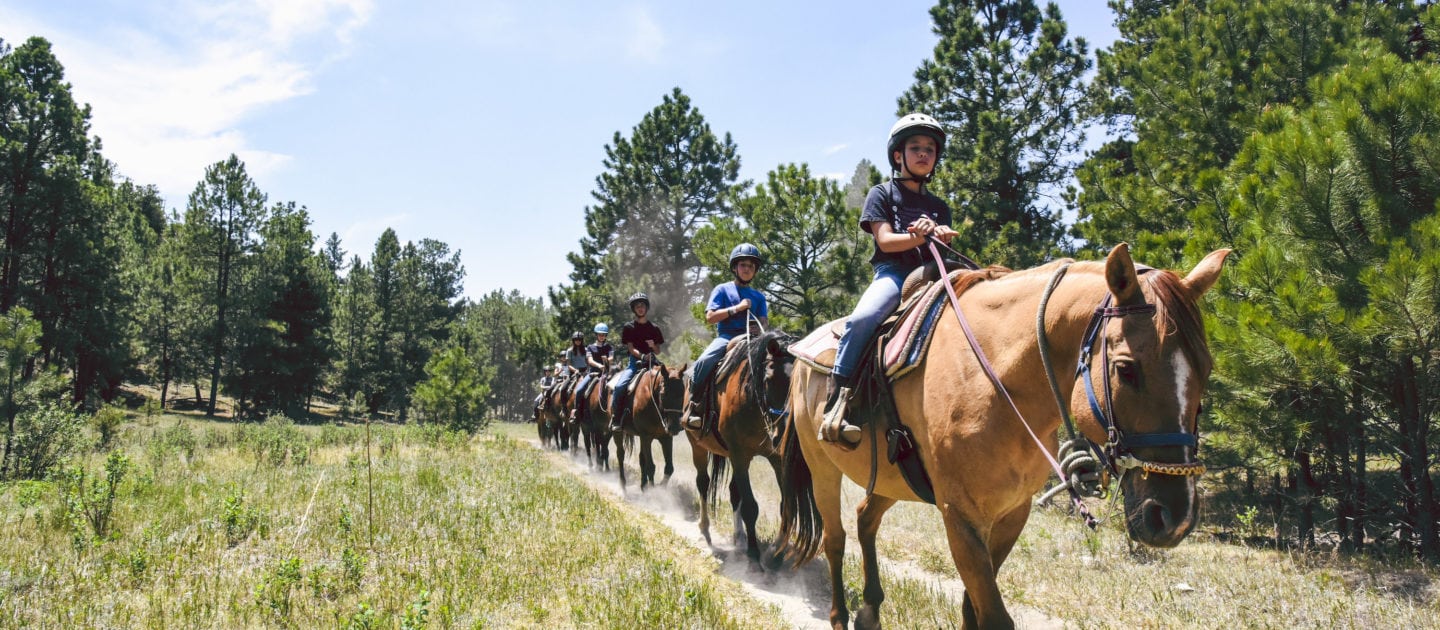Jun 11, 2018
Chalutzim, Metapsim, and Toshavim
Session 1, Day 4
With so many activities for each cabin to do, and exciting new “Chugim” (or free choice activities) offered each afternoon, no two days at Ranch Camp are exactly the same. The schedule, however, remains constant, with Chugim after lunch, cabin activities before, and degel, the morning circle, before breakfast to open up the day.
Today’s degel was especially full of energy. After Modeh Ani, the entire camp joined in a call and repeat song, then another round of Shiga’on, learning even more Hebrew words – today, “mazleg” (fork) and “agvaniot” (tomatoes) were added to the words we learned yesterday. Those words also happened to be the names of each unit at camp – “Chalutzim” meaning explorers, for the minis and youngest campers; “Metapsim” meaning climbers, for the 5th and 6th graders, and “Toshavim” meaning dwellers, for the 7th and 8th graders.
The names of each unit represent a mountain – while the youngest campers are at the base of the mountain, exploring a new environment for the first time, the oldest campers have settled on the top, and now think of camp as their second home. The ages between, hiking up the mountain, are often somewhere in the middle. The most important part is that we all live on the same mountain together. Metapsim support the Chalutzim in beginning their climb (or first session at camp), and give them the encouragement they need to continue, while Toshavim foster the sense of community that is felt by so many at Ranch Camp, making sure that everyone is included.
This relationship between the separate units was evident with the start of the day, as the different cabins met in the commons to break into separate groups for the morning’s activities. Though in the past cabins have traveled to activities together, Ranch Camp has implemented that campers will get to experience camp this year with the company of those in their same unit. In only a few days of activities, campers have branched out more than they ever have before, bonding with different ages and genders instead of just their own. After having a great day, campers are able to go back to their cabin and share their different experiences with their cabin mates.
After lunch and “menucha” (an hour of rest to get out of the sun), chugim began. Though free activities had been run on Friday, the chugim were a new experience to many, and one that is unique to Ranch Camp – many Jewish summer camps don’t give the option to choose activities. Of the two chugim, one changes every day, giving the campers an opportunity to try everything from identifying flowers in the Outer 400 (the wooded area that borders camp) to mixing cookie dough for that night’s dessert.
The other chug is a week-long activity. Kids spend a week creating their own board games, competing in mini-Olympics, or even acting in a musical. Every day, the campers get to know their community better, as chugim are not split up by cabin or unit, and knowing that they are in a safe and supportive environment gives the kids the courage to step out of their comfort zones and choose activities that are new to them.
The rest of the week stands on the horizon, and with it comes possibility. As the activities continue and new Chugim are introduced, each camper will learn, grow, and thrive with the knowledge that their counselors, friends, units, and community all have their back.
